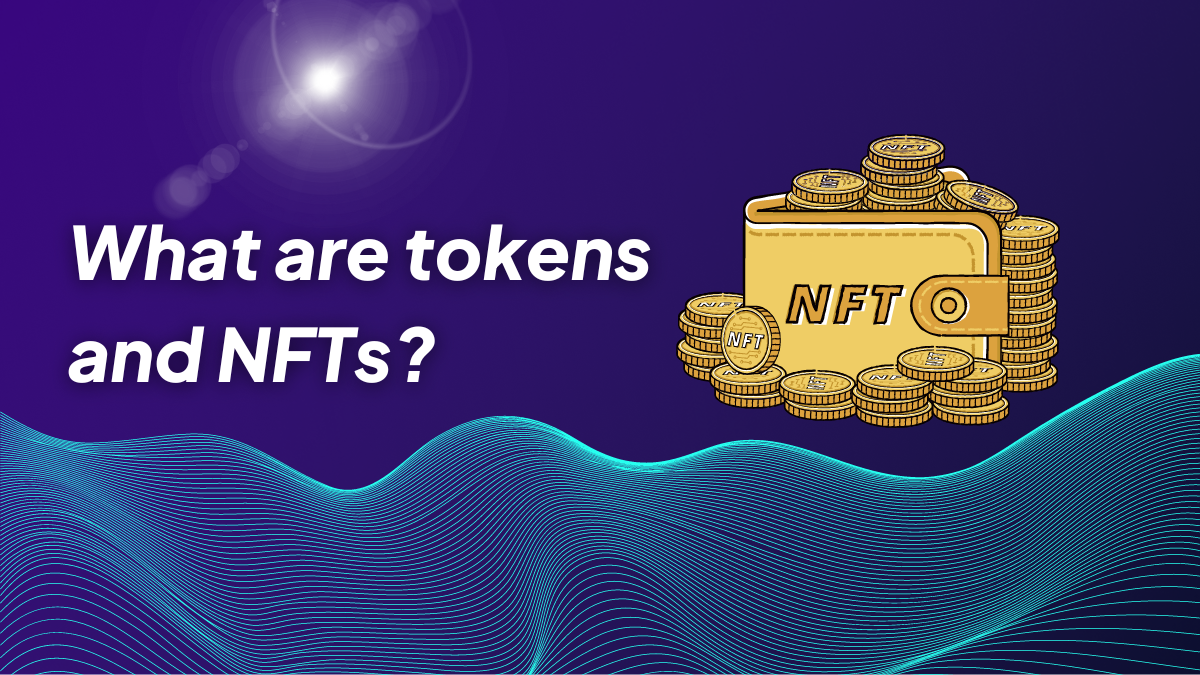What are tokens?
Tokens are cryptographic assets or currencies that are tied to a blockchain network. Ideally, tokens will serve some form of utility, whether they are used as an incentive mechanism, the means for economic security on a network, or to simply transfer value across the internet.
What does fungible mean?
Tokens are fungible. Fungibility means interchangeability inside of a group, meaning that every token part of the same group is the same token and represents the same thing. A good example is fiat currencies, where two five-dollar bills would be considered fungible (inside the same group), but a five-dollar bill and a twenty-dollar bill would not be considered fungible (part of different groups). Does that mean a five-dollar bill and a twenty-dollar bill are non-fungible? Yes, but fungibility is a spectrum. If my five-dollar bill has a neat drawing on it, I might consider it more valuable than a five-dollar bill you are holding, even though to you, both are worth the same. BTC, Ether, and CKB are examples of non-fungible assets. Fungibility is important as a means of exchange to maintain the value of goods and services, so because ETH is a fungible asset, it can be used to pay for gas on the Ethereum blockchain, as 1 ETH = 1 ETH.
How do tokens work?
Crypto tokens are closer to stocks in the way they function rather than a currency but differ greatly in some critical aspects (stocks have almost no utility other than the voting aspect in a company. The company and other companies do not know that you own a piece of them unless you publicly declare). In contrast, a token is in fact, a part of the product you are buying, and everyone can see that you are the owner by default. When a blockchain company, developer group, etc., decide to launch a product (for example, a new marketplace, DeFi platform, etc.), they can issue their own token on top of the blockchain they build their product on. Let's call our token ”BuildClub”. The BuildClub token now represents a way for investors to speculate on how well the underlying company/project will do, so it gathers value and can be traded as an asset on open markets and exchanges.
What are NFTs?
NFTs stand for non-fungible tokens. The property of fungibility is in reverse, where assets of the same group are unique. NFTs created on the blockchain that are minted are completely unique and are associated with an address that will never change.
NFTs get a lot of mainstream attention for this reason (unique and non-fungible) in the artwork field, with collections of images being some of the most profitable assets in the year 2021 (even though they are highly speculative with no real underlying value).
NFTs are not bound to images, though, and they can be pretty much anything: music, documents, proof of ownership, tickets to events, decentralized identities (ENS, .bit), and more use cases being discovered every day in different fields.
Benefits of NFTs
The ownership of NFTs is one of the biggest benefits of this technology. Basically, NFT ”A” which is predefined by a number of parameters for minting will not change, but will have 2 parameters that are volatile that can be changed: price and owner address.

